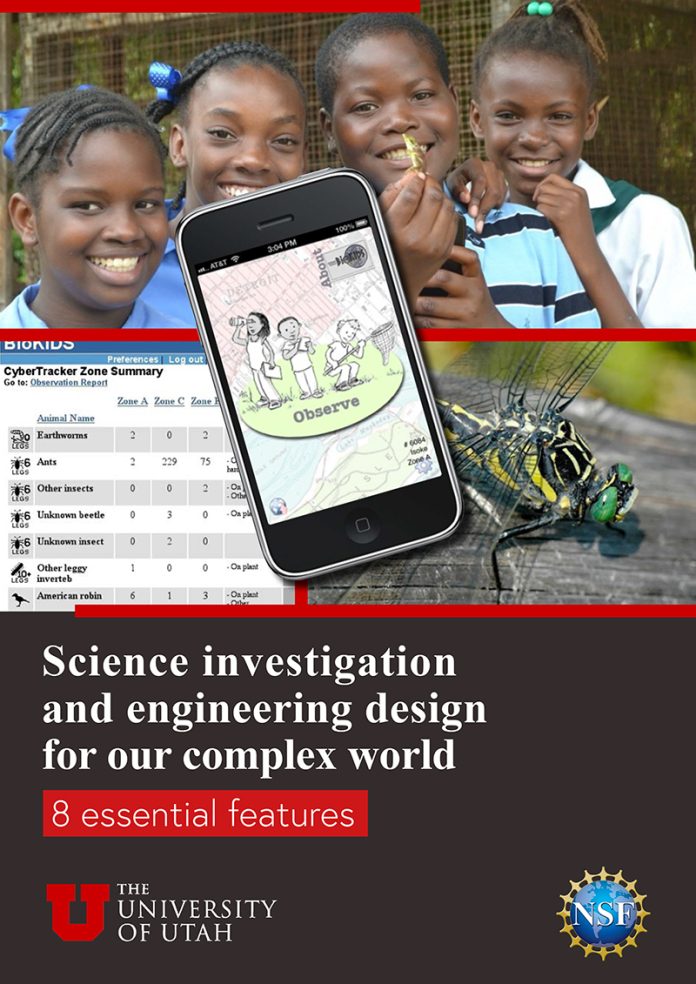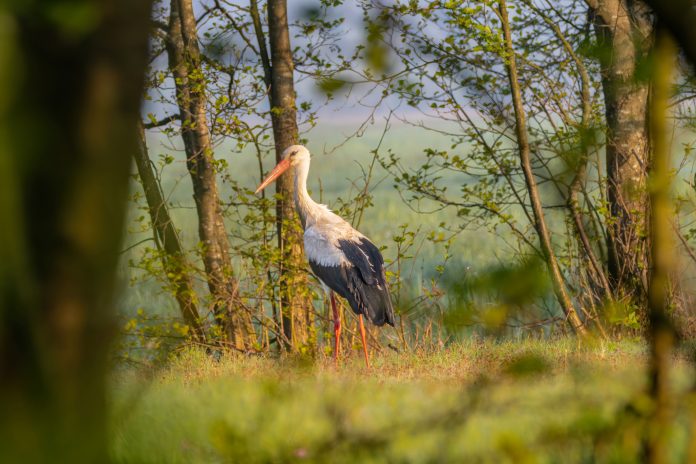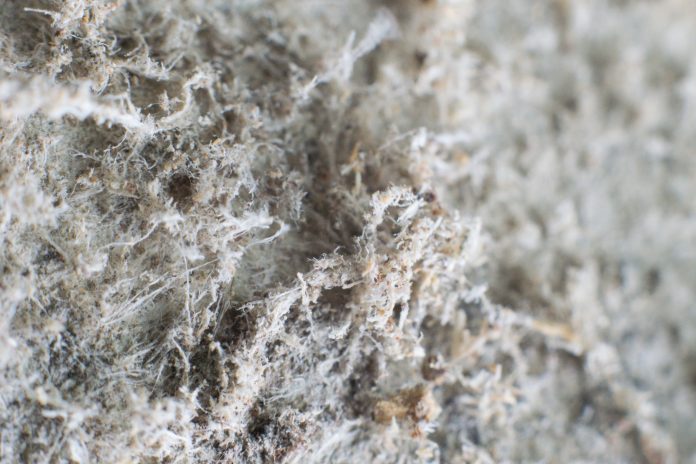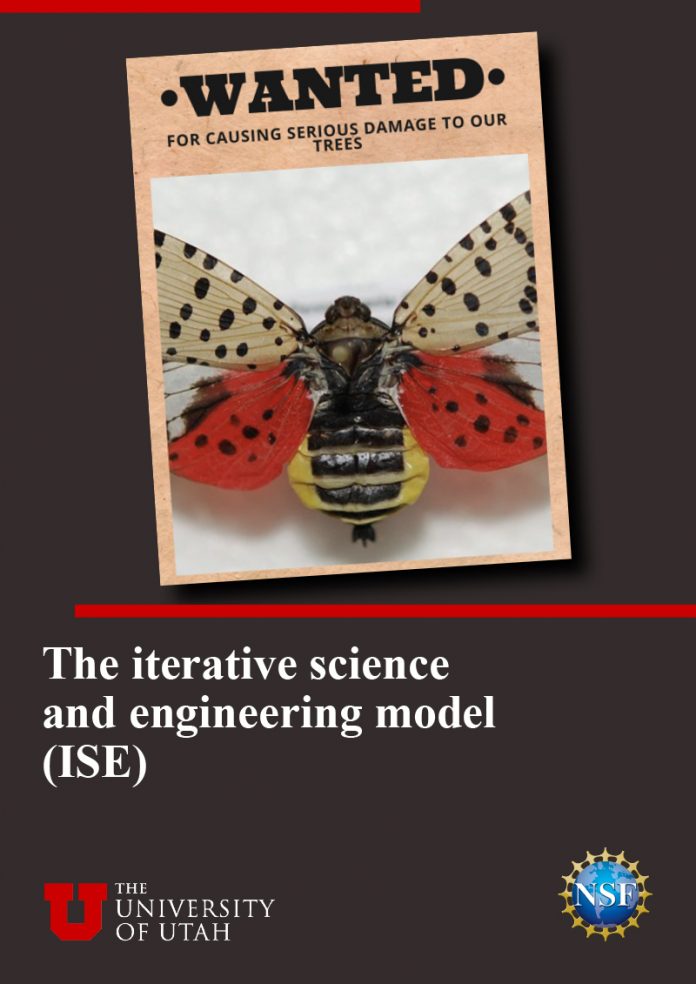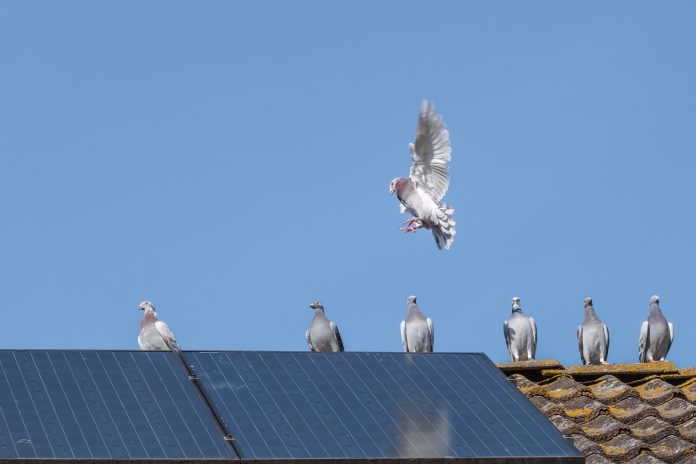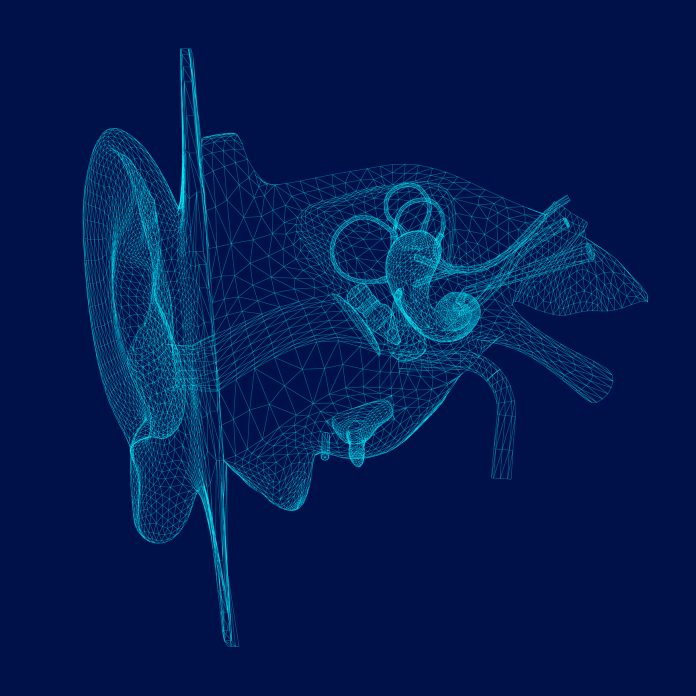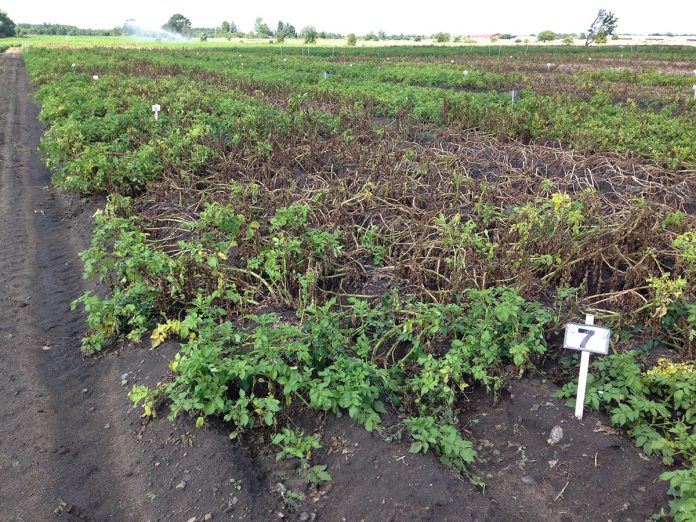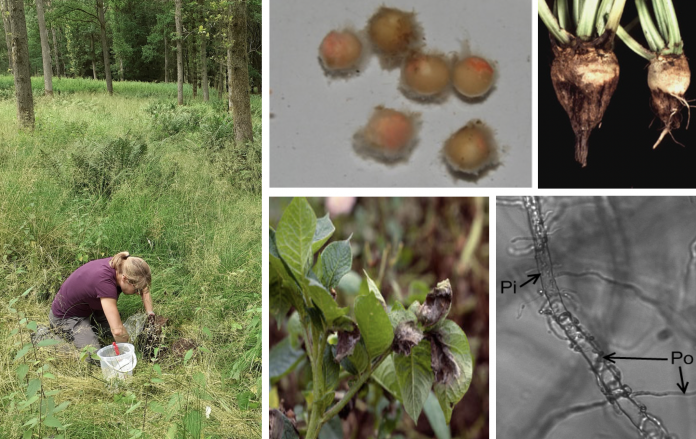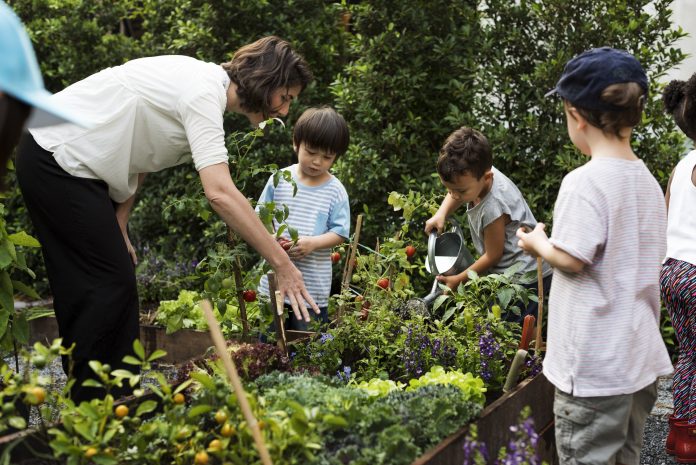Open Access Government produces compelling and informative news, publications, eBooks, and academic research articles for the public and private sector looking at health, diseases & conditions, workplace, research & innovation, digital transformation, government policy, environment, agriculture, energy, transport and more.
Home Search
invasive species - search results
If you're not happy with the results, please do another search
Science investigation and engineering design for our complex world
Here, we explore the critical need for STEM education to integrate science and engineering. Highlighting real-world projects, this eBook reveals eight essential features to empower students to tackle complex challenges and become innovative problem-solvers.
Australia’s soils have sent us a warning: We should listen
Praveena Sridhar, the CTO of the Save Soil Movement, believes that Australia’s soil has been signalling a message to us, and as a result, we ought to pay attention.
Every country needs a national STEM teacher corps
The US National Science Foundation has initiated the National STEM Teacher Corps program to support STEM teachers. Nancy Butler Songer, Associate Provost of STEM Education, discusses her efforts to assist primary school teachers in guiding young children to create solutions for local environmental issues.
Healthy aging: A novel therapy to reverse age-related damage
What if we could turn back the clock on age-associated dysfunctions by using a therapy that not only treats symptoms but acts to correct the underlying pathology and restores cells to normal function? Lori A. Birder and Edwin K. Jackson from the University of Pittsburgh School of Medicine, explain how this could be a possibility.
Challenges and opportunities for protecting wildlife populations in Europe
From urbanisation to climate change, the welfare of wildlife populations is increasingly under threat. Open Access Government provides an overview of the challenges and opportunities associated with wildlife conservation in Europe.
The risk of malignant pleural mesothelioma
Although the use of asbestos-containing building materials was banned in the UK in 1999, this carcinogenic mineral continues to be a serious health threat. Daniel J. Murphy from the University of Glasgow tells us more.
STEM programs: Encouraging an early start with engineering design
Nancy Butler Songer, Associate Provost of STEM Education at the University of Utah, highlights the importance of introducing STEM programs to younger students.
Classical biological control: Nature-based solutions to reduce pesticide usage
Professor Martin Hill from the Centre for Biological Control at Rhodes University discusses the benefits of classical biological control and highlights the necessary considerations for this approach.
Martin Hill – Rhodes University
Martin Hill is the Distinguished Professor of Entomology at Rhodes University and the Director of the Centre for Biological Control.
His research is broadly biological control of both invasive alien plants and insect pests in an attempt to find alternative ways to control these pests that reduces the amount of...
The iterative science and engineering model (ISE)
Solving STEM challenges requires deep engagement with phenomena. Interdisciplinary STEM discoveries often advance through a fluid and messy process where scientists and engineers toggle between scientific investigation, problem generation, and engineering design to generate multiple solutions that are shared with and evaluated by others.
Is renewable energy killing our birds?
As concerns about the declining bird population continue to grow, scientists highlight the unintentional consequences of renewable energy development.
Glutamate excitotoxicity in the cochlea
Mark Rutherford, Associate Professor at Washington University School of Medicine, discusses the burden and causes of hearing dysfunction, as well as the possible solutions for mitigating glutamate excitotoxicity.
The potential of microparticles for active surveillance of infectious diseases
Emmanuel Kifaro from the SACIDS Foundation for One Health, and College of Veterinary Medicine and Biomedical Sciences, Sokoine University of Agriculture, Tanzania, details the potential application of microparticles for active surveillance of viral infections from non-invasive animal matrices.
Visualizing the anti-inflammatory cannabinoid Type-2 receptor
Medicinal chemists describe how small molecule probes allow for the detection of CB2R, and thereby enable the discovery of novel anti-inflammatory treatments.
Sustainable plant & crop production systems in Europe
Professor Laura Grenville-Briggs shares her stance on working together to counter the threat of oomycete diseases, focussing on trans-sectoral approaches to support sustainable plant and crop production systems in Europe
Oomycetes, microbes that superficially resemble fungi, are devastating pathogens affecting a wide range of plants and animals. Oomycete diseases in...
Trans-sectorial approaches sustainable disease control across agribusiness districts
Professor Laura Grenville-Briggs shares her stance on working together to counter the threat of oomycete diseases, focussing on trans-sectoral approaches to support sustainable plant and fish production systems in Europe.
Rethinking cancer as a molecular and cellular ecosystem
Sean Lawler, Associate Professor at Brown University pursues an understanding of cancer through the lens of the molecular and cellular ecosystem and natural selection.
The education system makes us “disconnected from the botanical world”
At a time when plants could help solve global environmental problems, scientists warn we must become more in touch with botanical education.
What is Astrophysics?
Daniele Malafarina, Associate Professor from Nazarbayev University, School of Sciences and Humanities, unpacks astrophysics for us.
Training a new generation of problem solvers
How can education programmes develop the problem-solving skills of today’s schoolchildren and tomorrow’s STEM workforce?

